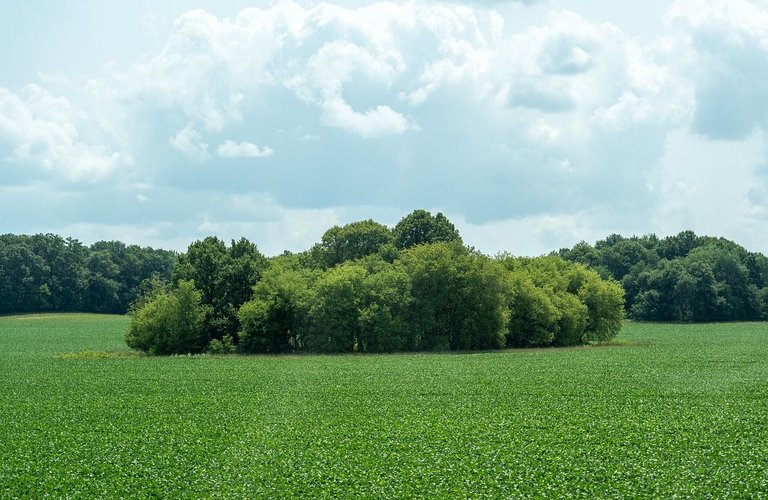
The house was south facing with a large conservatory which had been added in the last fifteen years or so.
‘You understand why the property is so keenly priced?’ Donny, the estate agent who had his office in the village, asked.
I nodded. A gruesome story. A mother died of cancer, leaving behind a father and two young daughters. The girls disappeared and, after weeks of the father appealing for the return of his daughters, he was arrested and charged with their murder. He committed suicide while on pre-trial detention.
Donny asked, ‘Do you have any questions?’
I didn’t. And so I purchased Spindrift, a three bedroom detached house built in the fifties, renovated in the nineties, and empty these last six years. It backed on to fields and in the distance there was the sea.
A perfect location to hide away and paint.
Pre-divorce I painted for my husband’s clientele. The Financier and Artist sounds as clichéd as the many portraits of families, baby, and pets I’ve done. Now I could work for myself, put my best time and effort into projects instead of fleeting moments snatched at the end of another tedious commission.
I started on a twelve feet wide by eight feet high which only just fit into the conservatory and, carelessly, ran out of my normal charcoal. Like many painters I like to sketch in charcoal before laying on oil. While awaiting my a delivery from my regularsupplier I picked up some willow charcoal from the shop in the village.
'It's locally produced,' the shopkeeper said when I paid. 'There's a small copse at the back of Donny's place over on Mellot Cove Road, they all come from there. We were so pleased when he said Spindrift was selling. It's good to have someone living there again, such a tragedy.'
I was unwilling to risk a new supplier's material on my magnum opus, especially one likely made without the quality control of my normal brand. Looking over the fields my eye was drawn to the thin line of sea that was visible and starting a seascape seemed obvious. The charcoal felt like a magic pen, pouring onto the canvas without volition. Shapes grew and I only stopped when the picture appearing on the canvas diverged too far from the one in my head.
‘What are you?’ I asked, swaying a little from fatigue. But the scene was clear. A copse of willow trees, like the ones the charcoal were made from. There was fuzzy, indistinct, detail in the mound from which they grew.
Snatching up another canvas was a compulsion which could not be refused, an imperative. The golden hour, the magic moments of soft light as the sun hangs like an artists benefactor, came and went without me noticing. The sky turned black, my easel was lit by a full moon and the stars it outshone. Charcoal flowed onto the canvas.
The madness of artists is a well worn trope, a lazy canard which excuses everything from impecunious behaviour through inept husbandry, to include drunkenness, addiction, and laziness.
I have never ascribed to the concept.
But tonight I was driven like one possessed, maddened by a tyrannical drive to complete that which had been started.
The second canvas built on the first. It focused on the mound in which the willow grew, showed their roots and that which nurtured them. The faces were tortured, child’s faces, girls faces, faces contorted in fear or pain. Through roots too young to be gnarled the girls screamed for justice.
I snatched up a new canvas.
The moon was near to setting when it was filled. There was scarcely enough light to see what the charcoal had wrought and I stumbled to the light switch and the break allowed the ache of hunger to impinge. Without looking round I continued on, leaving the conservatory. In the kitchen I plundered the fridge, eating ham and cheese straight from their packets, glugging oat milk from the carton. While weak from exhaustion the compulsion to return and fill another canvas was overpowering.
The short night of summertime was already surrendering to morning and the morning chorus was in full voice, birds welcoming the ray with joyous abandon. The light should have changed things, provided the perspective a new day brings and banishing the madness of night, but it didn’t. The next canvas filed as readily as the others. The girls faces became more pronounced, fuller. The last stick of willow charcoal was dwindling, but felt urgent in my hand.
The girls were still confined, this time by a vehicle’s trunk. A Ford Explorer, a new one. I sketched the hand which lay on the boot lid, the arm, body, the face which gazed at the girls. It was familiar. In weariness and exhaustion I refused to acknowledge recognition and stumbled away, seeking my bed.
It was mid-afternoon before I re-entered my conservatory.
I felt stupid at lifting the first canvas up, expecting to see unintelligible scrawls. Instead there was clarity which fed through each canvas and led to the last, to the face I knew to be the killer of the girls who once lived in my house. Donny.
And now I recognised the copse. It grew outside in the field behind his house. Wearily I called the local police. It took time to convince them to consider looking, but when they did the girls skeletons were beneath the trees. Donny had fled before the first spade broke soil
text by stuartcturnbull. picture by MaverickChristian via Pixabay









